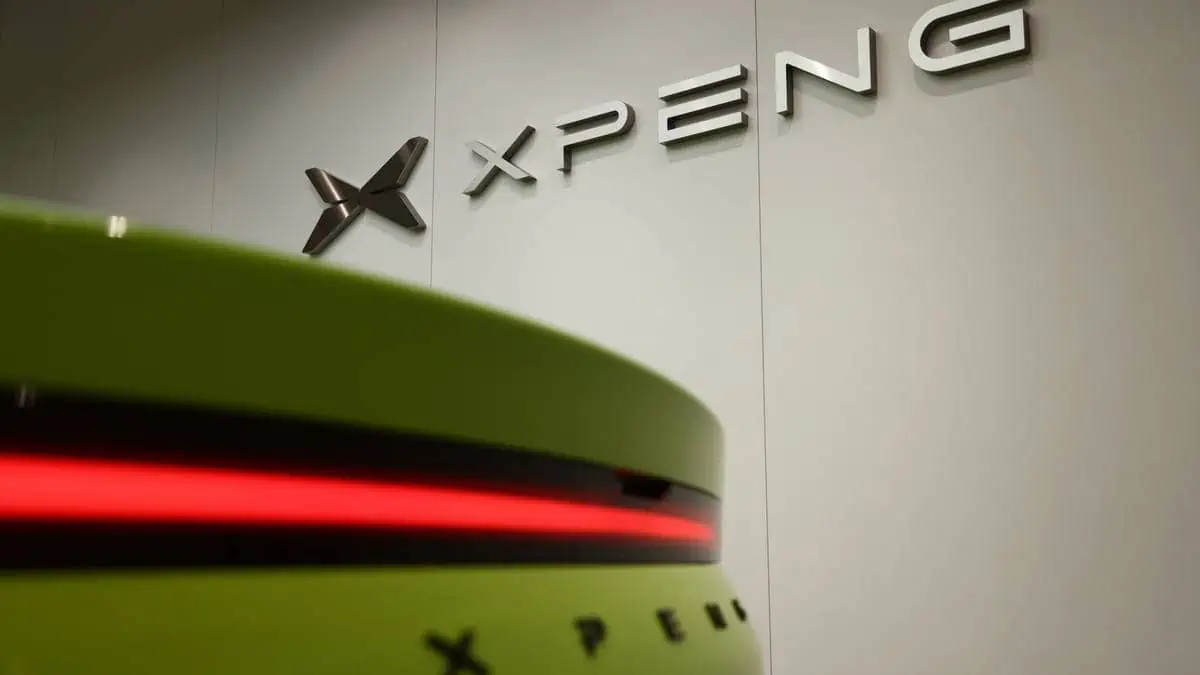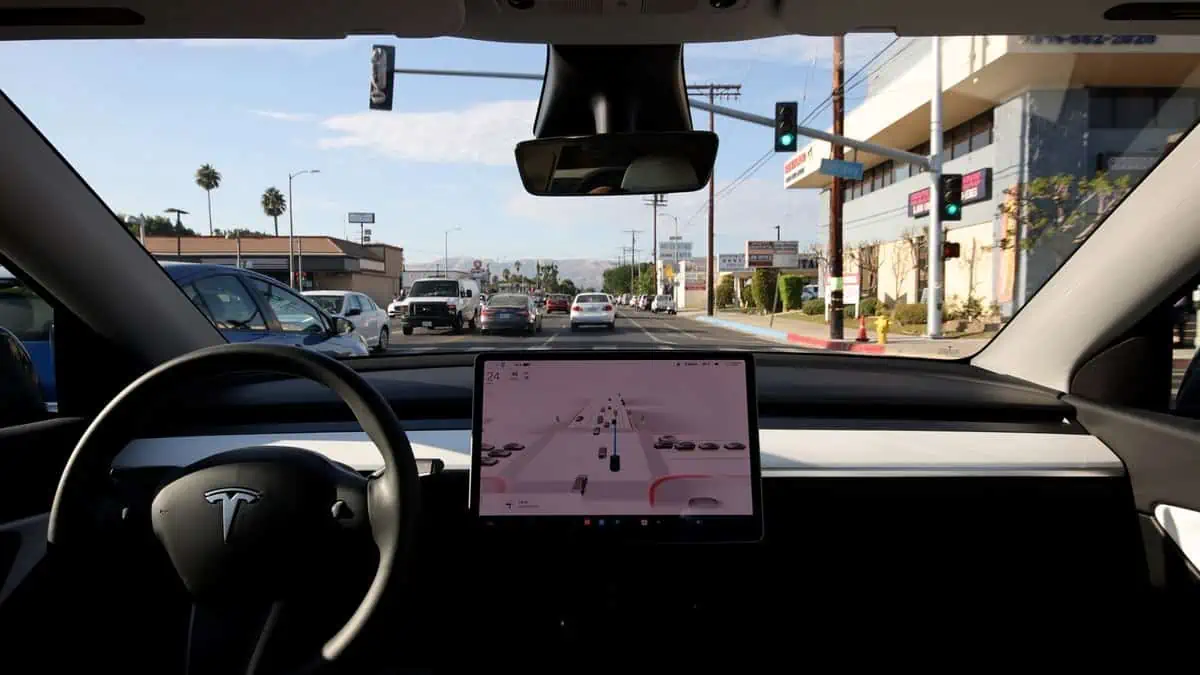Chinese electric vehicle startups NIO and XPeng pivoted from focusing on expensive models to the lower-priced segment of the market to remain competitive.
The two companies now aim to roll out new brands for their planned affordable EVs in 2024, CNBC reported.
NIO to launch a low-cost SUV under a new brand
NIO plans to launch a new mass-market electric SUV that will undercut the popular Tesla Model Y crossover, Chief Executive William Li said in an interview with CNBC’s Beijing Bureau Chief Eunice Yoon on Thursday.
For reference, the Tesla Model Y has a base price of 249,900 yuan ($35,197) in the Chinese market.
NIO plans to officially introduce its new brand in its home market in mid-May 2024. The brand name is Onvo or “Le Dao” in Chinese, which apparently signifies “families having a happy time together.” Therefore, the brand will target family-oriented buyers who often go on a weekend trip and such.
XPeng’s upcoming mass-market brand
XPeng sells slightly cheaper electric vehicles than NIO. Now, it aims to introduce its new sub-brand in the Chinese market in the next 2-3 months.
According to XPeng Vice Chairman and Co-President Brian Gu, the new Mona brand would hit the price point of the sub-150,000 yuan ($20,700). As you can observe, it is lower than NIO’s price range target of 249,900 yuan ($35,197).
XPeng announced plans in the Summer of 2023 that it would launch a new mass-market brand for that price point under a joint venture with ride-hailing app operator Didi.
“The reason we are ready to tackle that segment is we believe that with scale, with technology and with cost control, we are able to bring the differentiate[d] technology to the mass market.”
Brian Gu, XPeng Vice Chairman and Co-President
Notably, XPeng has been prominent in the local market with its cutting-edge driver-assist software. Considering the plans for affordable models, Co-President Gu said there would be a separate tech for the mass market brand.
Competing with the Giants
Like most early entrants to China’s EV market, NIO and XPeng initially targeted the premium segment.
NIO’s offerings’ price ranges from about $50,000 or more. It also provides extra services, including NIO clubhouses, charging stations, and battery-swapping networks. Meanwhile, XPeng entices customers with its innovative driver-assist software.
Therefore, Nio and XPeng’s move to penetrate the mass market segment with their new brands will put them in more direct competition with industry leader BYD and German giant Volkswagen.
In addition, XPeng Co-President Gu noted that China’s premium segment currently has at least 12 players. However, only 2 or 3 brands comprise around 80% of the mass market.
Competing in the mass-market segment will be crucial for these two EV startups to remain strong amid an intensified price war in the country.
China continues to accelerate clean mobility uptake, with new energy vehicles (NEVs) accounting for more than 40% of new passenger car sales to date.






